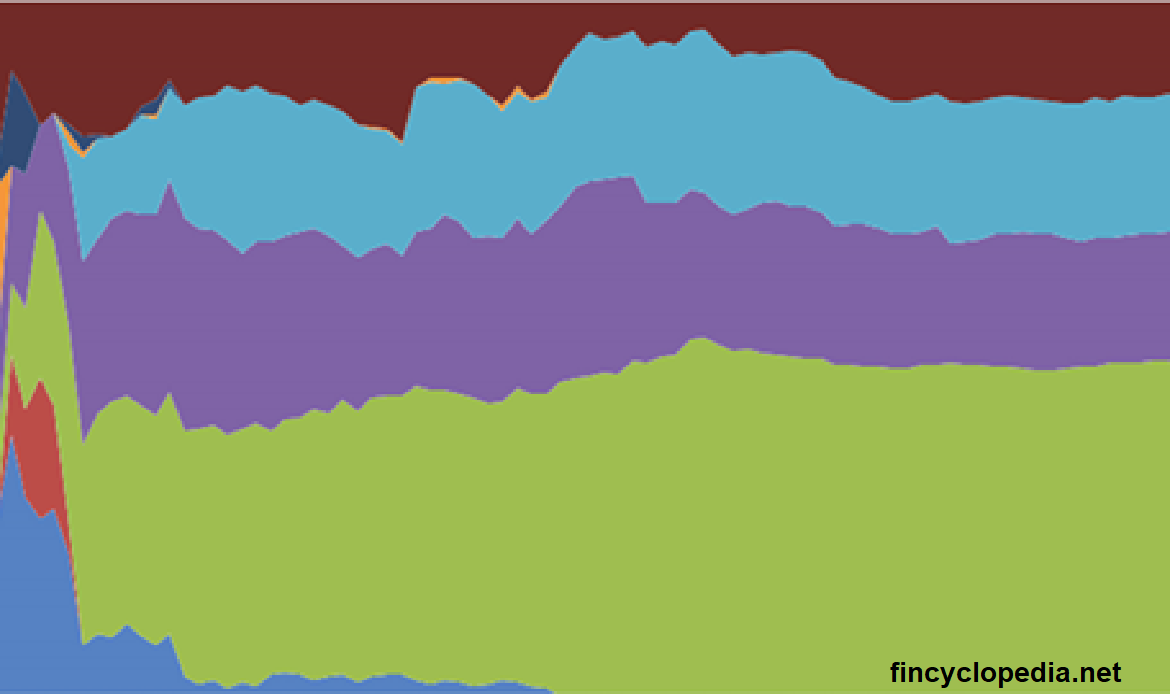A measure of market risk that represents risk arising from changes in fair value of positions, investments, assets, liabilities or commitments comprising portfolios. Changes in fair value result from fluctuations in market prices.
Traded market risk reflects the potential financial loss arising from fluctuations in the fair value of a bank’s trading book, which is made up of financial instruments held for short-term trading (HFT). Fair value fluctuations are usually caused by market factors, such as interest rates, foreign exchange rates, equity prices, and commodity prices.
Opposed to non-traded market risk (that involves assets and liabilities outside the trading book), traded market risk is all about exposures within the trading book.





